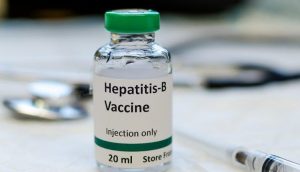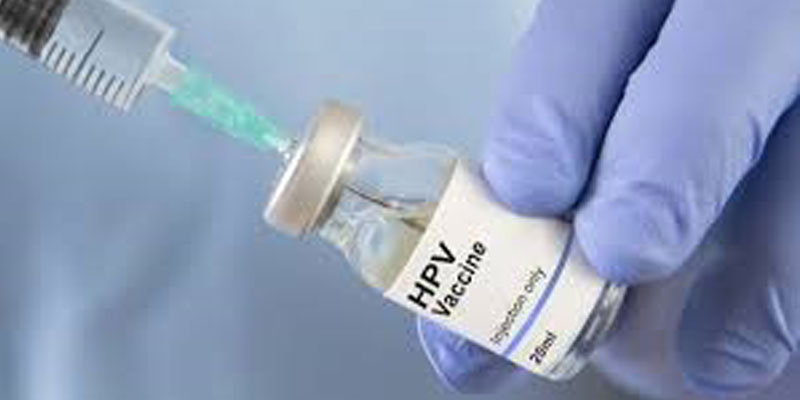Certain vaccines can help prevent cancers caused by viruses. This article focuses on the HPV vaccine, which protects against the human papillomavirus linked to cervical, throat, and other cancers, and the hepatitis B vaccine, which can prevent liver cancer. It highlights the importance of these vaccines in reducing cancer risk and encourages readers to follow vaccination guidelines for themselves and their children.
Introduction: Vaccines are a powerful tool in cancer prevention. By protecting against specific viruses that can cause cancer, vaccines play a crucial role in reducing cancer incidence.
HPV Vaccine:
- What is HPV: Explanation of the human papillomavirus and its link to cervical, throat, anal, and other cancers.
- Who Should Get Vaccinated: Recommendations for boys and girls starting at age 11-12, with catch-up vaccines available for older individuals.
- Effectiveness: How the vaccine can significantly reduce the risk of HPV-related cancers.
Hepatitis B Vaccine:
- What is Hepatitis B: Overview of hepatitis B virus and its link to liver cancer.
- Who Should Get Vaccinated: Recommendations for newborns, children, and at-risk adults.
- Impact: Reduction in hepatitis B infections and subsequent liver cancer cases.
Other Vaccines in Cancer Prevention:
- Hepatitis C: Ongoing research and potential future vaccines.
- Other Viruses: Emerging research on vaccines against other cancer-causing viruses.
Call to Action: Encourage readers to follow vaccination guidelines and ensure their children are vaccinated against HPV and hepatitis B. Highlight the role of vaccines in preventing certain cancers and the importance of protecting future generations through immunization.

